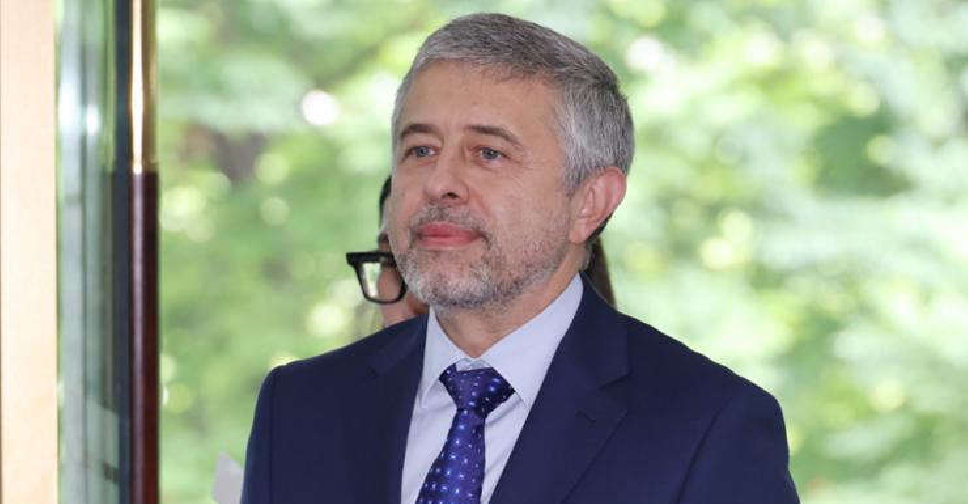
South Korea's foreign ministry has summoned the Russian ambassador in Seoul in protest over what it has said is the dispatch of North Korean troops to the country for deployment in Ukraine, the Yonhap news agency reported on Monday.
Georgy Zinoviev, the top Russian envoy to Seoul, told Yonhap that he met with South Korea's first vice foreign minister Kim Hong-kyun earlier on the day, according to the news agency.
South Korea's foreign ministry said it called for the immediate withdrawal of North Korean troops from Russia.
South Korea's spy agency said last week that North Korea had shipped 1,500 special forces troops to Russia's Far East for training and acclimatising at local military bases and will likely be deployed for combat in the war in Ukraine.
The White House National Security Council could not confirm reports that North Korean troops were fighting for Russia, a spokesperson said on Friday, but if true, "this would mark a dangerous development in Russia’s war against Ukraine".
Russia and North Korea both deny they have engaged in arms transfers. The Kremlin has also dismissed South Korean assertions that North Korea may have sent some military personnel to help Russia against Ukraine.



 Trump fires National Security Agency director
Trump fires National Security Agency director
 Israel steps up Syria strikes, says Turkey aims for 'protectorate'
Israel steps up Syria strikes, says Turkey aims for 'protectorate'
 US sending Israel 20,000 assault rifles that Biden delayed
US sending Israel 20,000 assault rifles that Biden delayed
 Israel says it killed a Hamas commander in Lebanon
Israel says it killed a Hamas commander in Lebanon



